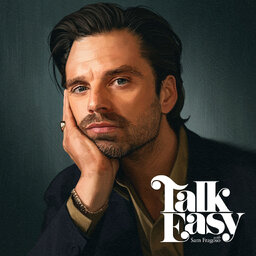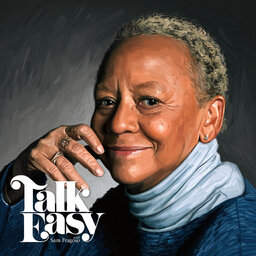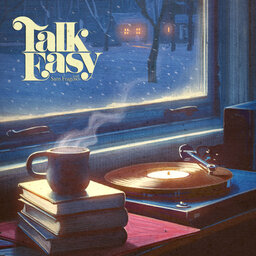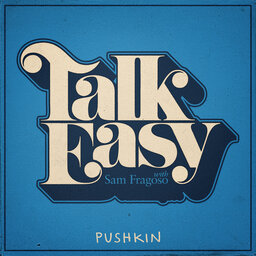The Revolution Will Be Televised (with 'The Bear' Writer Alex O'Keefe)
In a moment of historic upheaval in Hollywood, screenwriter and labor activist Alex O’Keefe (The Bear) believes he can turn the tide. The Writers Guild of America has been on strike since May 2nd. Actors represented by SAG-AFTRA joined the fight earlier this month.
We begin by discussing the WGA’s key demands (7:30), O’Keefe’s experience inside writers’ rooms (13:12), the pushback from the studios thus far (17:01), how the divisive ‘interim agreements’ recently issued by SAG-AFTRA (27:40) stem from a checkered history of union organizing in Hollywood (29:13), and why O’Keefe believes this cross-union solidarity is unprecedented (33:29).
On the back-half, we walk through his origin story in Florida (35:40), his background in politics and speechwriting (44:57), the inspired words of screenwriter Charlie Kaufman (50:50) and how they’ve shaped O’Keefe’s vision for the future of his industry (1:02:44).
In 1 playlist(s)
Talk Easy with Sam Fragoso
Talk Easy with Sam Fragoso is a weekly series of intimate conversations with artists, activists, and…Social links
Follow podcast
Recent clips

The Year of Actor Sebastian Stan (‘The Apprentice’)
1:16:35

Remembering Poet Nikki Giovanni
44:21

Talk Easy in 2024: A Mixtape
58:40
 Talk Easy with Sam Fragoso
Talk Easy with Sam Fragoso